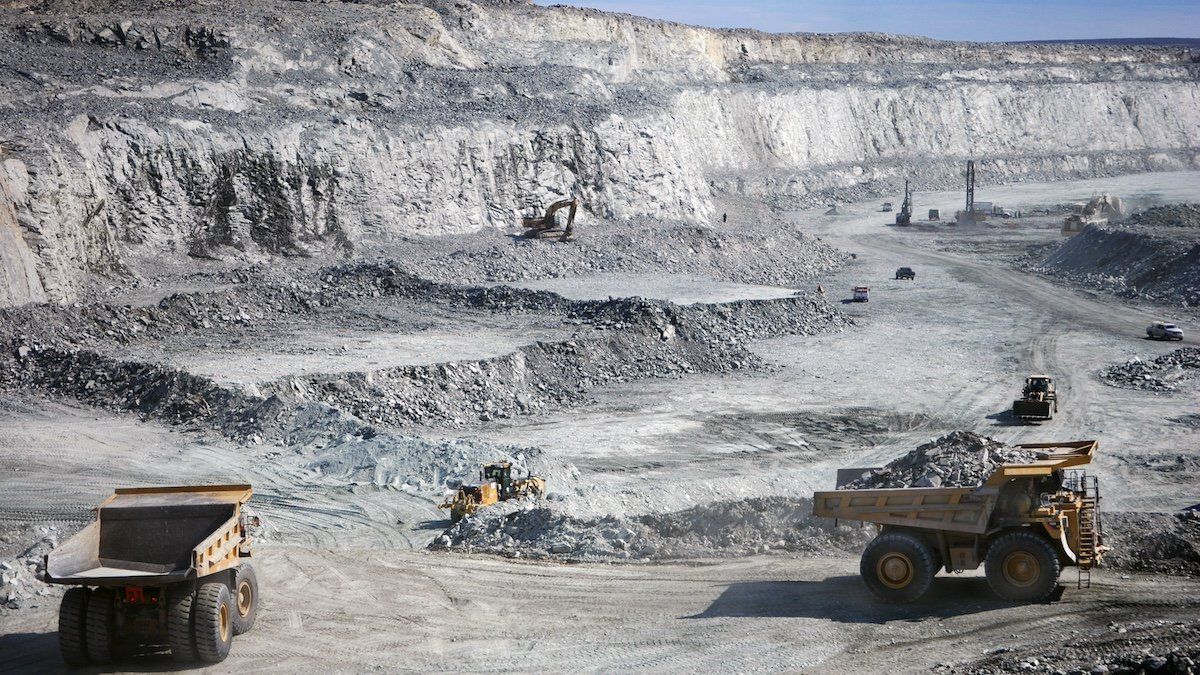The traditional 25th-anniversary gift is silver, but how about mines full of precious minerals? The vast northern Canadian territory of Nunavut turns 25 on Monday, and for its birthday it’ll also start having more control over decisions about its lands, waters, and reserves of gold, diamonds, iron, cobalt, and rare earth metals.
Background: Nunavut, which makes up about a fifth of Canada’s land mass, was created in 1999 from the eastern part of the Northwest Territories. The split was driven by the Inuit nation’s desire for a culturally grounded government closer to the people and lands it administers.
A January 2024 land transfer agreement gives Nunavut a say over many functions previously managed in Ottawa, putting it on the path to equal footing with the rest of Canada. As the territory’s Premier P.J. Akeeagok says, now “we'll decide our own future.”
The transfer of power from the federal to territorial governments will happen over the next three years.
If geopolitics are on your radar, Nunavut should be too. Nunavut yields minerals that are essential for battery production, which will be a source of increasing global leverage during the energy transition.
The draw of Nunavut’s (literal) goldmine of resources has already caused geopolitical tension. In 2020, Canada blocked a CA$230 million Chinese takeover of a Nunavut gold mine on national security grounds. That dealt an economic blow to the North, but sizzling US-China-Canada tensions surrounding the arrest on a US warrant of Huawei CFO Meng Wanzhou and the subsequent imprisonment of two Canadians in China likely helped kill the deal. Plus, China’s assertion that it’s already an “important stakeholder in Arctic affairs” with a right to a greater role in the region — even though it is nearly 2,000 miles south of the Arctic Circle — is ringing national security alarm bells.
While the territorial government’s new autonomy over its resources won’t override the federal government’s national security concerns, we’ll be watching as Nunavut balances local economic interests with geopolitical dynamics.
For a more lighthearted geopolitical ‘dispute’ involving Nunavut, check out the 50-year Canada-Denmark “Whiskey War.”